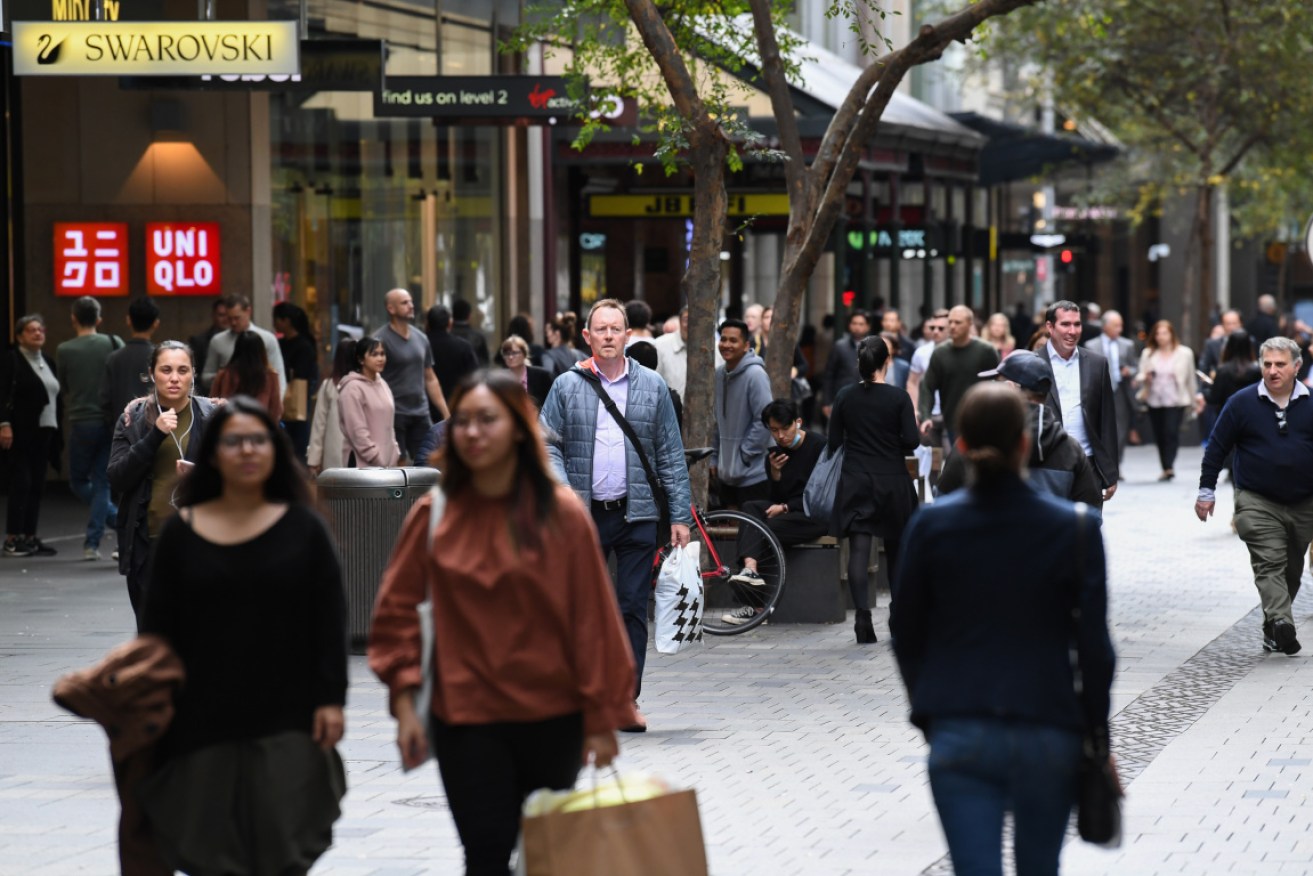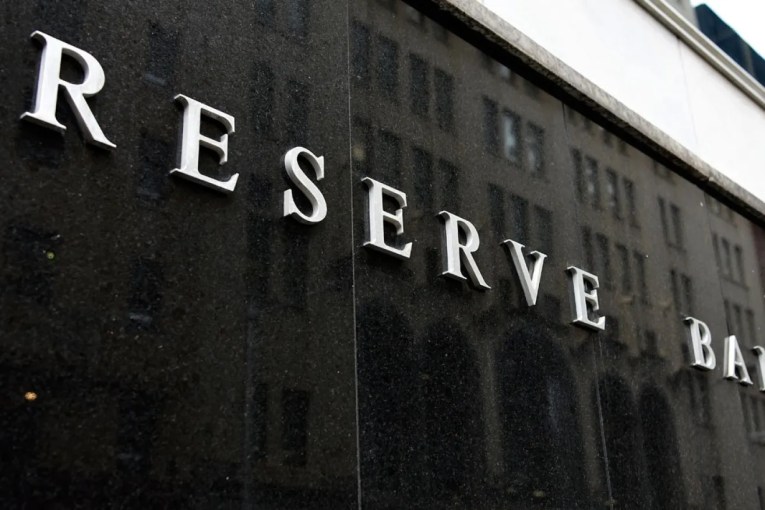Consumer spending levels off despite splurge on gambling and streaming


The consumer spending recovery is starting to slow. Photo: Getty
Spending on gambling and streaming services has jumped massively during the coronavirus lockdown, but overall consumption is flatlining.
NAB transaction data shows Australians are spending 62.7 per cent more on gambling and 41.6 per cent more on streaming services than they did this time last year.
The figures refer to the average money spent over the four weeks to June 6 and come after data from credit bureau illion and economic consultants AlphaBeta also showed an uptick in gambling.
A separate Westpac-Melbourne Institute survey shows consumers are feeling more optimistic about the economy now that restrictions have eased.
But NAB’s data suggests the economy is in for a bumpy ride.
Although consumer spending is still on an upward trajectory, after hitting rock bottom in the week ending April 25, the rate of growth is levelling off across the board and falling in retail.
NAB Group chief economist Alan Oster told The New Daily the data is encouraging as it shows overall consumption is rising and almost back to 2019 levels (down just 2.8 per cent since the start of the year).
This is partly because government stimulus and redundancy payments mostly offset the collective loss of income caused by the pandemic.
But Mr Oster said consumer spending is still far from strong.
Household consumption was weak throughout 2019 and contributed no growth whatsoever to annual GDP.
“The thing I’m a bit nervous about is, in the last couple of weeks, things have gone up and then they’ve gone sideways,” Mr Oster told The New Daily.
Spending over the week ending June 6 was just 0.2 per cent higher in four-week moving average terms, whereas over the week ending May 30 it was 1.6 per cent higher.
This trend is apparent in most states, except Victoria and the Northern Territory where spending has continued to rise.
Over the year, consumer spending growth was positive in just 16 out of 45 industry sub-sectors, with gambling and streaming services such as Netflix coming out on top.
NAB’s data comes after the Organisation for Economic Co-operation and Development (OECD) said in a report released on Wednesday that Australia’s economy would contract by 5 per cent in 2020.
Echoing previous calls from Reserve Bank governor Philip Lowe, the OECD warned the federal government not to undermine the recovery by withdrawing support measures too quickly.
And it urged the government to consider additional stimulus to boost incomes and support employment, as it could easily afford to do so.
“The scarring effects of unemployment – especially for young workers – should be alleviated through education and training, as well as enhancing job search programs,” the report read.
“Firms should continue to be supported, including through expanded
loan guarantees, accompanied by expedited insolvency procedures.”
It also warned of a 6.3 per cent drop in GDP should the easing of restrictions lead to a second wave of infections, and said high household debt levels could derail the recovery.
To support the recovery, Mr Oster said government should bring forward the next round of tax cuts, extend JobKeeper payments beyond September for struggling industries like tourism, and refrain from reverting JobSeeker back to pre-crisis levels.
Even if the government tapers off its support measures, rather than going “cold turkey” in September, Mr Oster said the economy was unlikely to get back to where it was in December 2019 until at least the middle of 2022.
And University of New South Wales economics professor Richard Holden also underlined the importance of continued government support.
Dr Holden told The New Daily that bringing forward the next round of tax cuts and extending JobKeeper for struggling industries beyond September were good ideas, in addition to economic reforms.
“One of the real challenges is figuring out how we’re going to get, say, 8 to 10 per cent unemployment down to something in the low 4s,” Dr Holden said.
With monetary policy, there’s nothing left in the tank there, so it’s going to require fiscal policy and productivity-enhancing reforms.
“And the OECD report is pressing on some of the fiscal measures that I think are really important.”












